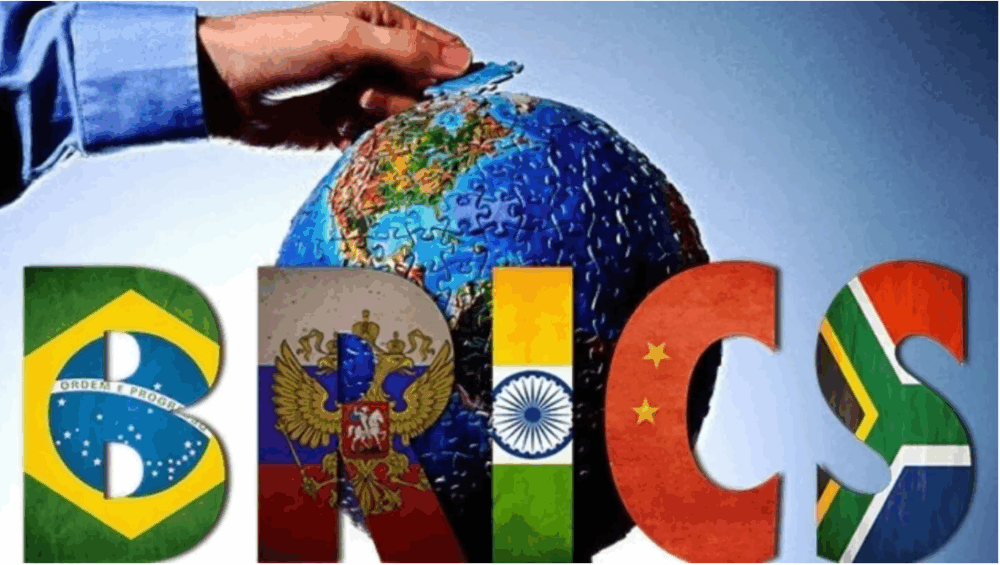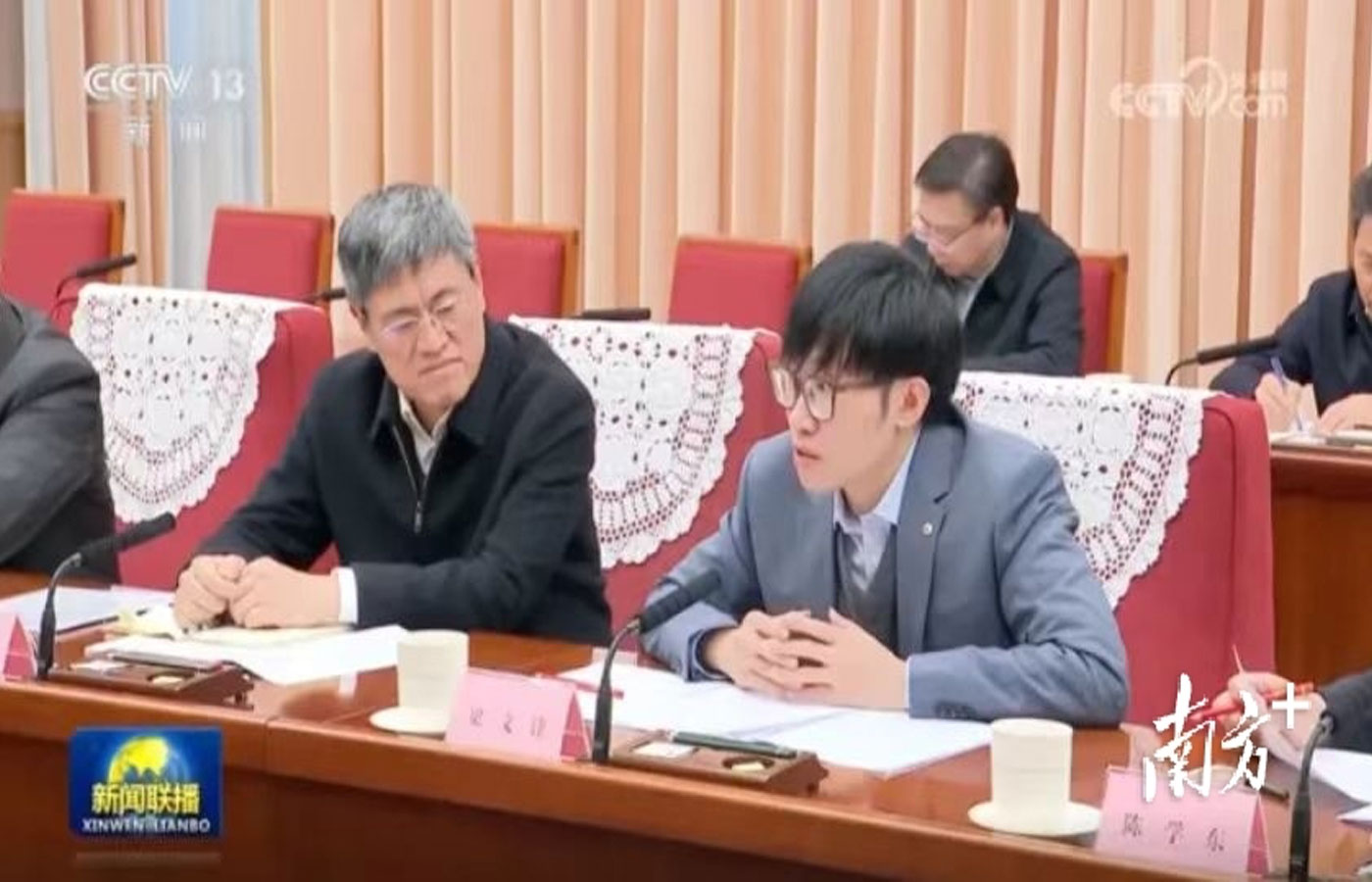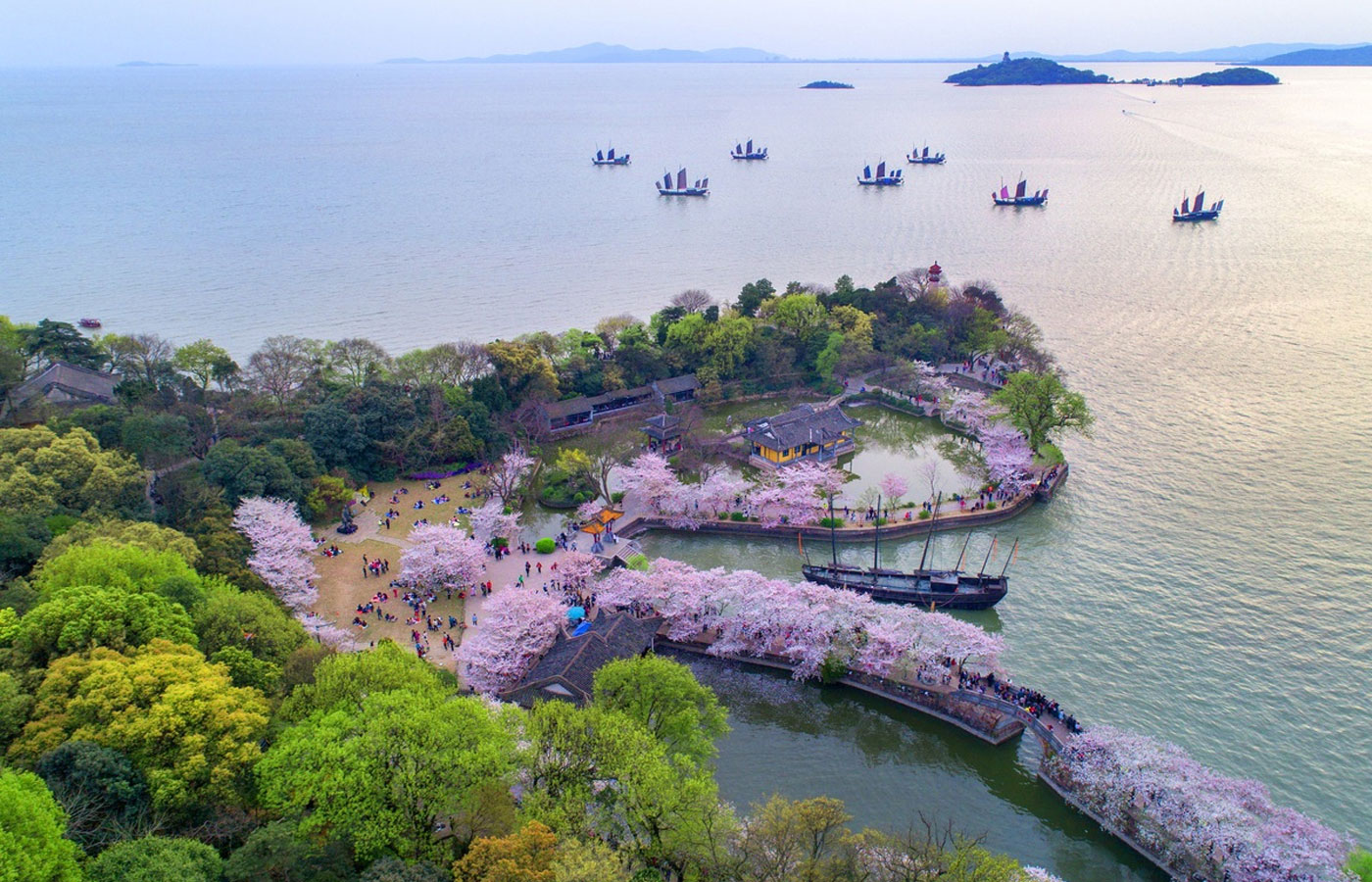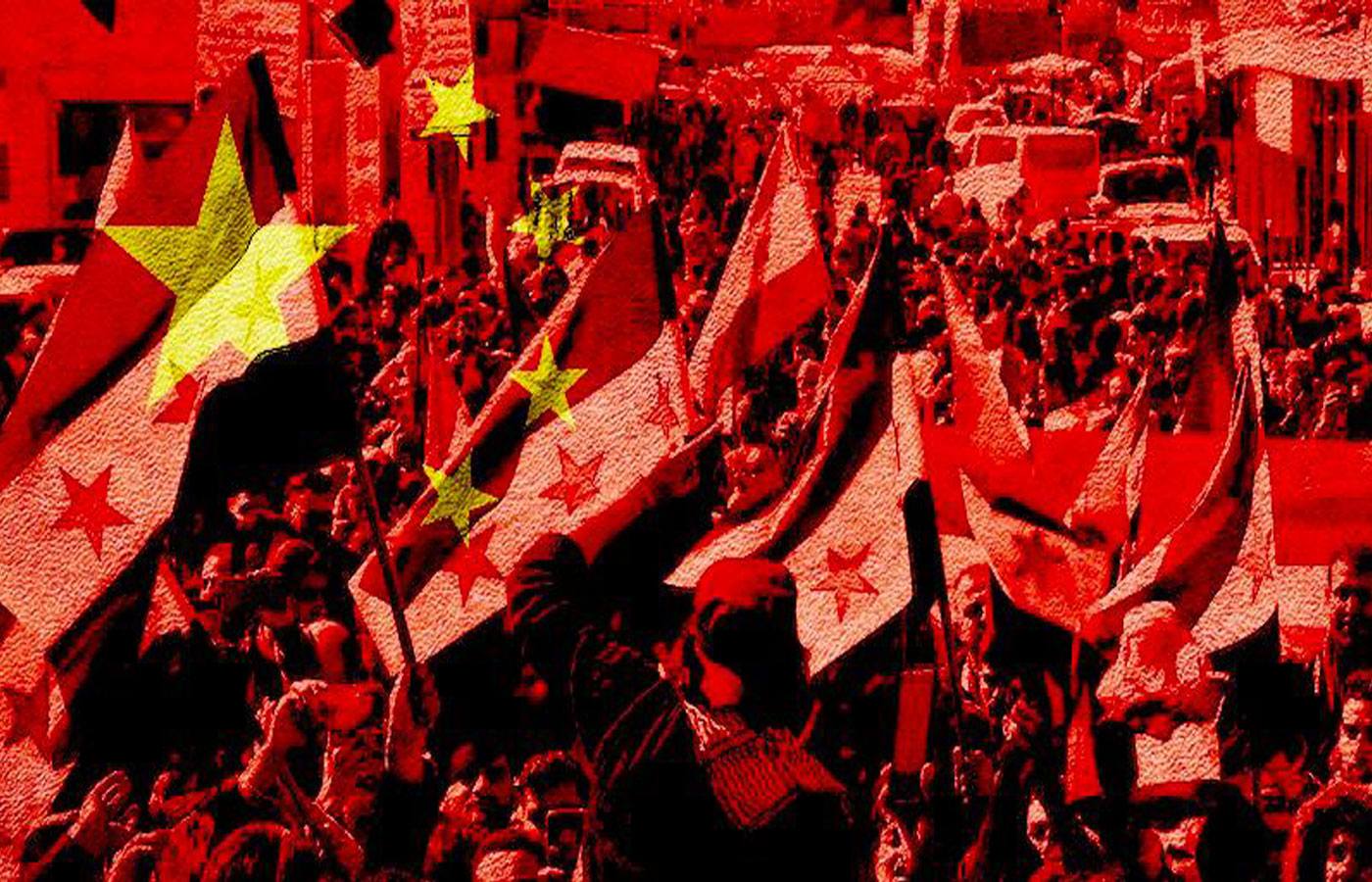Ever since the creation of the United Nations after the Second World War, the subordination of international law to the interests of the collective West led by the United States has amply demonstrated the inability of this mechanism to settle disputes between states, guarantee global development and preserve world peace.
Would Algeria and Vietnam have won their independence, or South Africa abolished the apartheid regime without an armed struggle? Would the United States have dropped two atomic bombs on Japan (between the signing and the adoption of the UN Charter, incidentally) without the assurance of never being held to account? Would Taipei, Seoul, Tokyo and Manilla be engaged in an arms race in the South China Sea if Washington had honored its written commitments with Beijing and the spirit of the UN Charter? Would the US today be pushing for ethnic cleansing in the Palestinian territories and Eastern Congo, supplying lethal weapons to Israel in the one case and Rwandan militias in the other, if Washington were forced to place international law above its geopolitical greed and hegemonic ambitions?
Recent statements by Hasan Nasrallah, Secretary General of the Lebanese Hezbollah, leave no room for doubt:
“What happened in Gaza has shown that the international community and international law cannot protect populations. They cannot protect anyone. It is your strength and your missiles that protect you.”
The US remains indifferent to global calls for UN reform
For years, UN Security Council’s resolutions have been at the mercy of US geopolitical interests and hegemonic ambitions. So much so that the veto power is seen as a green light for Washington and its satellite states to be above the law, while depriving other states of their fundamental rights, supposedly guaranteed by the UN Charter and the Universal Declaration of Human Rights. As a result, the majority of Global South leaders have consistently called for reform of the UN Security Council.
Yet, despite protests from the international community, Washington has endeavored to maintain the status quo at the United Nations, as it has tacitly allowed it to legitimize the resort to the law of the strongest – its so-called “rules-based order”. In recent years, however, faced with the growing power of emerging economies, the US seems to have realized that the global transition towards a new world architecture cannot be halted. In an attempt to slow down nevertheless this dynamic of change, which it perceives as unfavorable to its hegemonic ambitions, the US now openly favors the destruction of the United Nations rather than its reform.
Indeed, to ensure the prevalence of its “rules-based order”, or law of the jungle, the Biden administration has chosen to discredit the work of UN bodies, through accusatory global media campaigns (similar steps were taken by the Trump administration, which withdrew from the UN Human Rights Council in 2018). The most recent example of the US assault on the UN is the decision to suspend funding for UNRWA. This decision was taken in the midst of the bloody Israeli onslaught on Gaza, and the meticulously organized ethnic cleansing of the Palestinian population, with endless population displacement and the deliberate intention to starve and dehumanize the Palestinians. Not to mention the outright massacres of the civilian population and the spread of Dark Ages diseases. In other words, the Palestinians are paying with their flesh for the United States’ cynical plan to further expand Israeli territory – in violation of international law – and thus increase Washington’s influence in the Middle East.
Washington’s conduct carries a major risk for human survival
In this context, what alternative can there be to international law for nations and peoples who are denied self-determination and sovereignty, who are victims of the plundering of their resources and the violation of their right to freedom, their right to security, their right to development, their right to life?
Certainly, international law derives its authority from agreements between states, however old they may be, and as such continues to be invoked by world leaders as the only civilized means of settling disputes and warding off the disastrous fate reserved for the weak – a fate that has taken on horrific proportions for the Palestinians. In any case, international law reflects a worldwide consensus on the need to follow common rules and protect against the law of the jungle advocated by the US administration, which jeopardizes the very survival of mankind.
It is against this backdrop that China’s four global initiatives to build a new global architecture must be understood, in particular the Global Security Initiative (which seems to focus on fundamental aspects of international law that are scorned by the US-led West). Similarly, Russia’s unilateral decision to curb NATO’s continued expansion on its borders, the Hamas attack on October 7, which reminded the world of the abomination of 75 years of occupation (time will continue to dismantle the many lies that were associated with this attack in order to legitimize the ethnic cleansing of Gaza), but also the expansion of the SCO and the BRICS: all these events stem from the resounding failure of the US-led international order.
So far, Washington does not seem ready to participate in the design of a new international architecture, nor does it seem ready to obey the rules, old or new. In this respect, there is a campaign underway on social networks, calling for the expulsion of the United States from the UN Security Council. In any case, the countries of the Global South have a responsibility to support each other in thwarting the anarchic violence of the hegemonic powers. Indeed, global crises have reached a critical point where there is no choice but to reinvent an international order that respects human life and dignity.
After all, the countries of the Global South, which account for nearly three quarters of the world’s population, will not resign themselves to disappearing, to giving up their right to life, to allow the American financial institutions and military-industrial complex to satisfy their insatiable greed.











